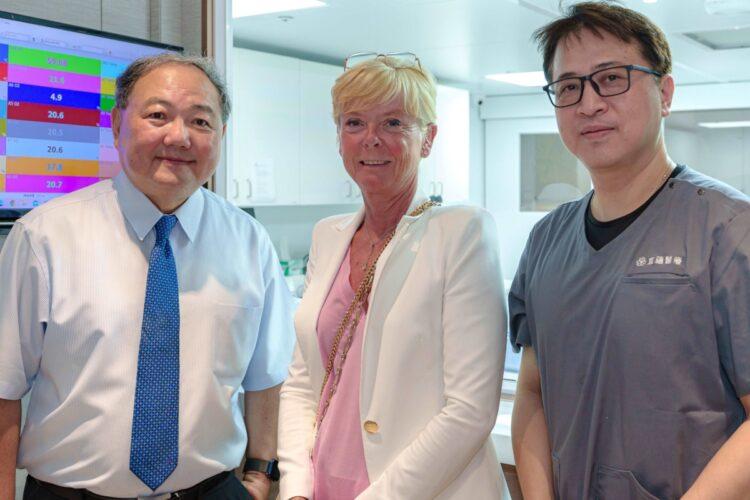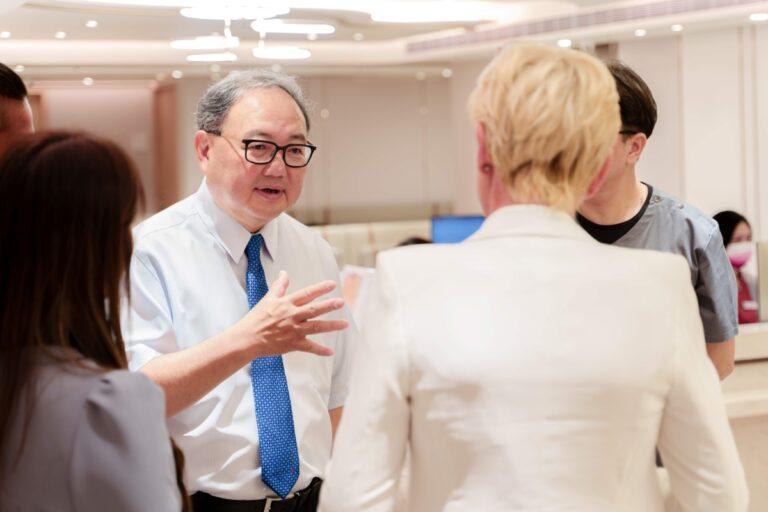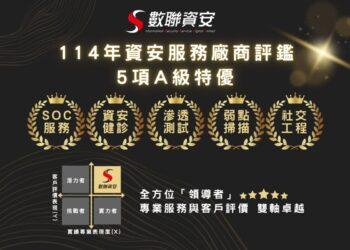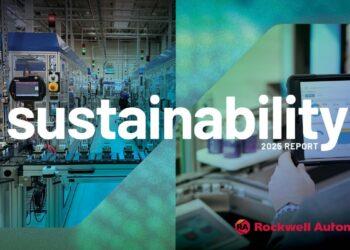In recent years, Taiwan has seen a continuous decline in the number of newborns, prompting a global pursuit of advancements in in vitro fertilization technology, otherwise known as IVF or test-tube babies. Besides striving to cultivate healthy embryos, the biggest challenge currently lies in using advanced technologies to identify embryos with normal chromosomes that have a higher chance of successful implantation. In response to this, Olivia Natens, the Vice President of Global Sales and Marketing from the world-renowned manufacturer behemoth, Vitrolife Group, has partnered closely with NUWA Fertility Center to explore ways to help more families fulfill their dreams of parenthood.
AI Tech Assists Embryo Selection For Optimal Success Rates
Dr. Chi-Hong Liu, NUWA Fertility Center’s Principal Medical Consultant, states that one of the biggest challenges for IVF not only lies in selecting high-quality embryos, but also collecting the embryo that is best fitted for implantation. As technology progresses, AI-driven technology can eliminate cases that don’t require PGT-A, as well as create a more in-depth understanding of the division of embryos. This greatly increases the selection of the best embryos, pregnancy rate, and the risks of multiple births.
Dr. Chi-Hong Liu adds that, although some embryos may appear visually perfect in clinical settings, closer observation during the division process may show abnormalities that could affect the final cultivation outcome. AI technology allows each stage to be precisely monitored and creates informed decisions on whether to cultivate the embryo to day three or day five. Even when PGT-A biopsy is required, this cutting-edge technology helps determine the optimal timing for the biopsy. These technological advancements provide strong support for doctors and embryologists, helping countless families achieve their dreams.
Over 100M Invested in AI Lab to Advance Taiwan’s ART
Dr. Chun-Hao Lu, the Director and Chief R&D of NUWA Lab, explains that in order to provide the most comprehensive medical services for each case, over a million NTD have been invested in NUWA’s AI-driven embryology lab.
- AI Time-lapse Incubator System:The time-lapse system observes the stages of development of each embryo, and using AI technology, the system’s scoring mechanism accurately selects the best embryo for implantation.
- Match Intelligent Verification System:To prevent mismatching, the lab assigns a personalized ID card for each embryo and patient, allowing the system to progress only after confirming their identities.
- AI Reproductive Monitoring System:The 24-H monitoring system ensures that all eggs, sperm, and embryos are cultured in a stable, controlled environment, where the system stabilizes the temperature, humidity, and pH levels for the best environment.
Dr. Chun-Hao Lu adds that NUWA is the only reproductive institution in Asia that possesses 8 AI Time-lapse Incubator Systems at the same time. These high-spec equipment provide round-the-clock monitoring for embryos, detailing their development and significantly enhancing the success rate of embryo cultivation. He also points out that the introduction of AI technology allows embryologists to examine detailed embryonic development through high-resolution dynamic imaging and utilizes software powered by big data analysis to score embryos based on their implantation potential. Compared to traditional observation methods, using time-lapse imaging can substantially increase pregnancy rates.
First Embryologist Seed Training Program Earns International Recognition and Partnership
Additionally, Dr. Chun-Hao Lu shares that NUWA Healthcare, in collaboration with National Taiwan University’s Biotechnology Research Institute, has pioneered Asia’s first “IVF Embryologist Seed Training Program,” showcasing recent achievements in systematic training for IVF embryologists. Olivia Natens shows high praise for this initiative, noting that Taiwan is now nurturing a new generation of professionals in reproductive medicine, who will make significant contributions to global advancements in the field.
Olivia Natens adds that the collaboration between Vitrolife and NUWA Healthcare is not just a technical exchange, but a partnership of intellectual and conceptual cooperation. Through the joint effort to raise international standards in reproductive medicine, patients in Taiwan will gain access to the most avant-garde reproductive technologies. As AI continues to advance and Taiwan’s research progresses, both parties are expected to create more miraculous outcomes in the field of reproductive medicine in the future.























-120x86.jpeg)
-120x86.jpg)

-120x86.jpg)







